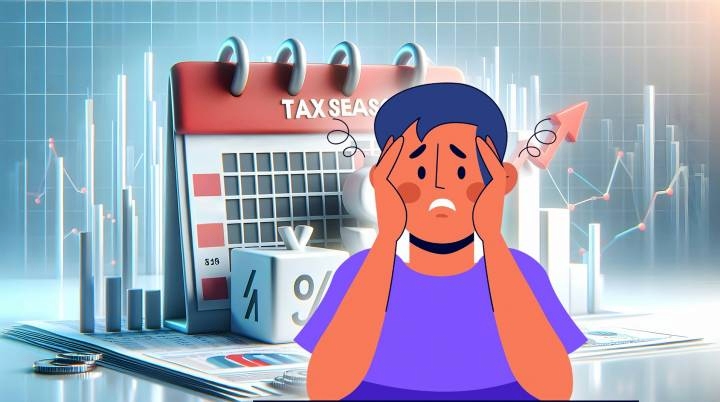Our Terms & Conditions | Our Privacy Policy
Negative income tax for Thai expats depends on politics
Thai expats are confused by so many incomplete tax announcements.
The determination of the Pheu Thai government to introduce negative income tax (NIT) from 2027 is seemingly ironclad. Finance minister and deputy prime minister Pichai Chunhavajira is emphatic, linking it to other fiscal moves such as a likely rise in VAT from 7 percent.
NIT requires virtually all adult citizens to submit an annual tax return. If their income meets the government-set threshold, normal personal taxation applies. If below, citizens will receive welfare benefits and subsidies. The notion is also linked to a hi-tech data lake which will replace a plethora of separate institutions such as revenue, customs, state welfare, credit bureaux and even public health records.
Expat foreigners could be dragged into NIT if they are Thai residents spending at least 180 days here in a full year. It is the time spent here, not the visa type, which determines Thai immigration status. Separately, there is still the uncertain tax future of foreigners transmitting overseas income into Thailand. The latest statement by Thai Revenue Department anticipated that no tax will be due if sent in the tax of earning, or the year after. Clarification via a Cabinet or Council of State resolution is still awaited.
NIT can hardly benefit expats by awarding them state benefits aimed at the country’s poor. It is impossible for expats to have an annual income below the not-yet-announced government threshold (150,000 baht or US$4,500?) because of the far-stiffer financial rules for longstay visas. Not to mention the complications arising from foreigners needing to register with tax jurisdictions in more than one country and from the hotly-debated double taxation treaties.
However, nothing is certain in Thai politics. A general election could occur at any time if a political emergency arises and, in any case, one must be held by law no later than mid-year 2027. Some politicians are skeptical of NIT, especially as validating a person’s actual income in the informal economy can be troublesome. Others dislike the globalization instincts of the World Economic Forum which appear to be popular with the current administration.
Near-country competitors for the expat market are currently steering clear of such issues. The Philippines, Vietnam, Cambodia and Laos all restrict taxation of foreigners to local income derived from registered companies. That could change. For example, Vietnam has very recently extended its taxation net to some e-commerce and digital activities and is streamlining the tax data of the national population by issuing personal identification numbers, including on the birth certificates of babies.
Today’s news is tomorrow’s history. Cambodia could in future activate taxation for residents on worldwide income as the tax code permits. But Thailand’s ongoing ambiguities – paying personal income tax and registering with the revenue authorities – aren’t doing Thai international marketing any favors. Those farang with a Thai family to support, or holding retirement-related extensions, or using Privilege multi-year permits would appreciate some hard financial news. But this isn’t the time.






Images are for reference only.Images and contents gathered automatic from google or 3rd party sources.All rights on the images and contents are with their legal original owners.



Comments are closed.